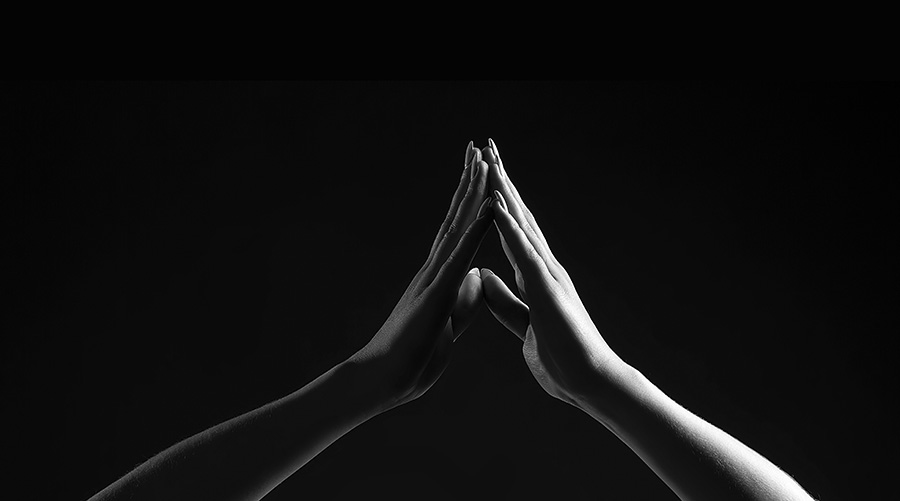ADVANCING INTO THE NEW DECADE, THE GRAMMY AWARDS PROVIDES TELLING CLUES AS TO WHAT TODAY’S AUDIENCES ARE RESPONDING TO IN THE WORLD OF MUSIC. BELOW IS A BRAND MUSICAL STRATEGY ON THE TRENDS WORTH PAYING ATTENTION TO.
Written by Ella Duda, International Strategy Director
THE FEMALE VOICE IS POWERFUL.
Brand musical strategy is heavily influenced by the pop culture of current events. Lizzo, kicking it off, set the tone with strength, confidence and raw lyrics. Alicia Keys, as the host, used her powerful voice both in speech and song to lead the Grammys into the new decade. More poignant, she reached deep within to write a song just for the event; brave, but her voice carried it. Seamlessly linking current affairs and pop culture, to remind us that “it’s when good people do nothing that the bad guys win” and “Imma getcha kinda use’ta knowing music is love”, when referring to her hosting duties throughout the night.
And following her, women in song not only (majorly) took home the coveted statue, but many others were recognized for their contributions. The female voice speaks to our primitive desire to feel nurtured and loved and through music, it has immense power. This could have implications for brand musical strategy in terms of vocal strategy having a more dominant female voice is an upcoming trend.
AUTHENTICITY IS WINNING
It could be said that the common thread among the winners, and many of the nominees, is honest, raw and authentic lyrical content. Perhaps it’s (finally) not enough anymore to have catchy melodies without meaning and instead, there’s a comeback for songs that communicate a deep message and address difficult subject matter.
Demi Levato opened up about her overdose; a haunting tune with completely honest lyrics that an unfortunately high number of people can relate to. Alicia Keys performed “Underdog”, an anthem for the 99%. More literally, Sara Bareilles won for “Saint Honesty”, in which the chorus drives home the message, “…now what we need is a little rain on our face from you, sweet Saint Honesty.” And a veteran of storytelling, Willie Nelson, still singing from the heart and finally winning because of it with the song “Ride Me Back Home”.
Finally, authenticity was almost palpable when Angélique Kidjo and Rosalia took to the stage; incarnating their ethnic roots – African and Flamenco respectively – captivating the entire room with their passion for who they are and the cultures that shaped them.
IT’S A DIVERSE NEW DECADE for Brand Musical Strategy
In case we’ve already forgotten, Alicia Keys said it best. «It’s a new decade. IT’S A NEW DECADE». The performances by Lizzo, Billy Eillish, Ariane Grande, Camila Cabello, Demi Lovato, Rosalia and Angélique Kidjo were perhaps the most compelling reminders. Women, honest storytelling and we can’t ignore the diversity that they represent.
If we dig a bit deeper, however, despite the Academy’s long history of dividing artists into musical genres, the performances clearly cross-pollinate multiple styles.
As an example, Tyler, The Creator won for best rap album, yet one could argue there’s a mix of a lot – rap/hip-hop/dubstep and at certain moments, heavy metal screaming and spoken word. Another example, the multi-talented collaboration of Lil Nas, BTS, Billy Ray Cyrus, Diplo and Mason Ramsey – talk about a mix; everything from country, hip-hop, K-Pop, to electronic, young, very young and seasoned veterans.
This isn’t new, yet it seems that the move toward inclusion and diversity has unlocked our creativity on another level. Which makes sense as we’re no longer afraid of or threatened by collaborating outside of our socially accepted comfort zone.
CONCLUSION
We’re increasingly drawn to content that goes beyond making us feel good or bad, but that delivers an experience we can deeply connect to. In this diverse new decade, creativity and authenticity are celebrated over engineered Western concepts of beauty. As brands consider messaging and platforms for 2020 (and beyond), they should question what they sound like to their audiences and understand how this reflects on the brand’s identity.
Read this article on linkedin here









